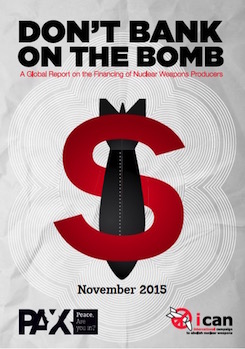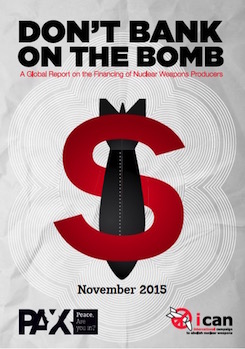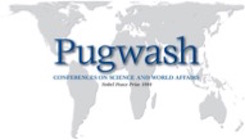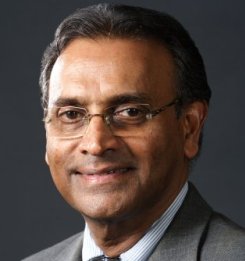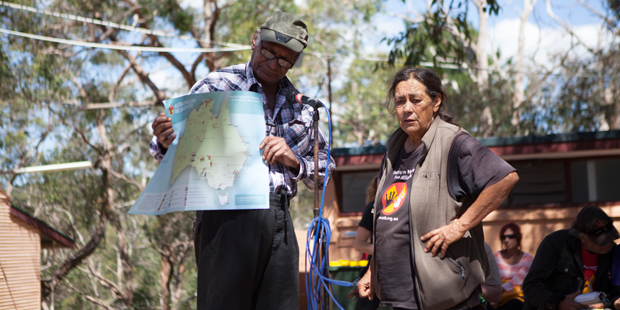Abrüstung: Neue Forschung unterstreicht Notwendigkeit Atomwaffen zu ächten
Ein Gastkommentar von Jayantha Dhanapala*
KANDY, SRI LANKA (IDN) – In unserer heutigen Welt mit unzumutbar hohen Rüstungsausgaben, die tödliche Konflikte, Zerstörungen und die Vertreibung von Millionen von Menschen verursachen, sollten wir uns immer an die weisen Worte von Präsident Dwight Eisenhower erinnern – eines im Zweiten Weltkrieg ausgezeichneten Militäroffiziers, der später in zwei Amtsperioden als Präsident die USA regierte. In seiner Abschiedsrede an die Nation am 17. Januar 1961 sagte Eisenhower, den ich 1957 als Gaststudent in den USA persönlich kennenlernen durfte:
“Diese Verbindung zwischen einem immensen Militärapparat und einer großen Waffenindustrie ist in den USA neu. Der totale Einfluss – auf ökonomischer, politischer und sogar auf geistiger Ebene – ist in jeder Stadt, jedem Parlament, jedem Büro der föderalen Regierung spürbar. Wir erkennen die zwingende Notwendigkeit dieser Entwicklung. Dennoch müssen wir auch ihre schwerwiegenden Auswirkungen begreifen. Unsere Arbeit, Ressourcen und Existenzgrundlagen sind davon betroffen, ebenso wie die Grundstruktur unserer Gesellschaft.

